Loss Aversion & Downsizing: Why We Resist Change & Letting Go
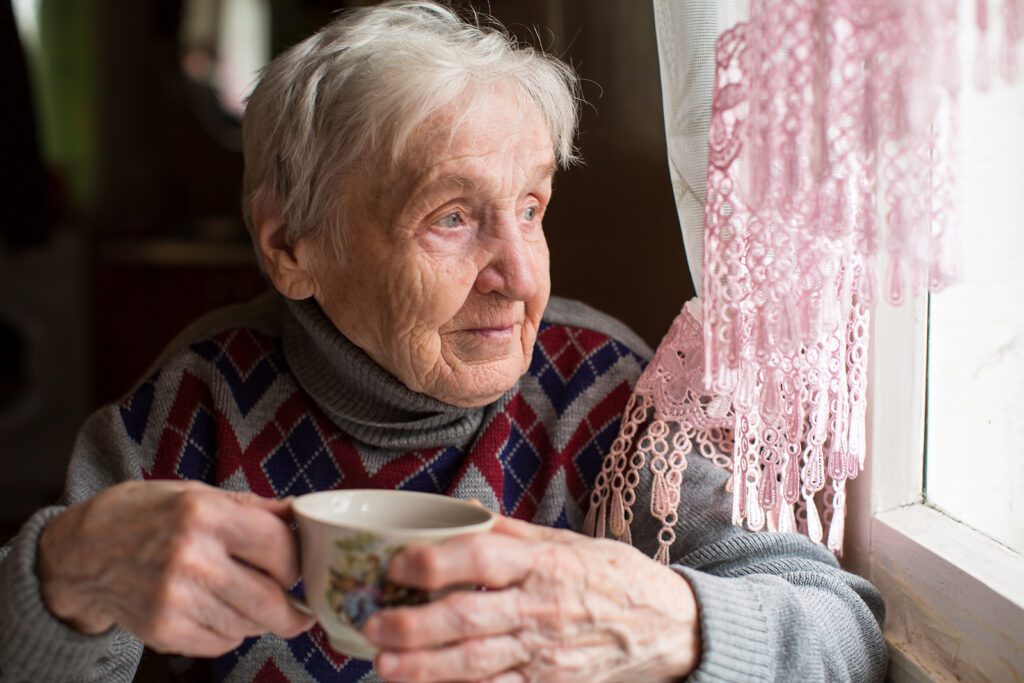
Have you ever wondered about the prime motivators that drive many of your day-to-day decisions?
If you’re like a lot of people, you might assume that the primary driver is “pleasure”. I mean, after all, we all want to do things more that we enjoy, right?
Things like having fun, falling in love, watching your favorite sports team win the championships, or finally taking that trip to Italy you’ve always wanted.
Instead, research has shown that our daily decisions are largely dominated by loss.
Yes, you heard me right! Turns out people hate losing more than they enjoy gaining something.
In fact, it’s twice as powerful! Studies have shown that for a person to accept something positive, it would have to be at least twice the perceived value of what they could potentially lose.
Say you were to lose $100 today. The emotional and psychological impact of that loss would be twice as strong as the pleasure you’d feel finding a $100 bill.
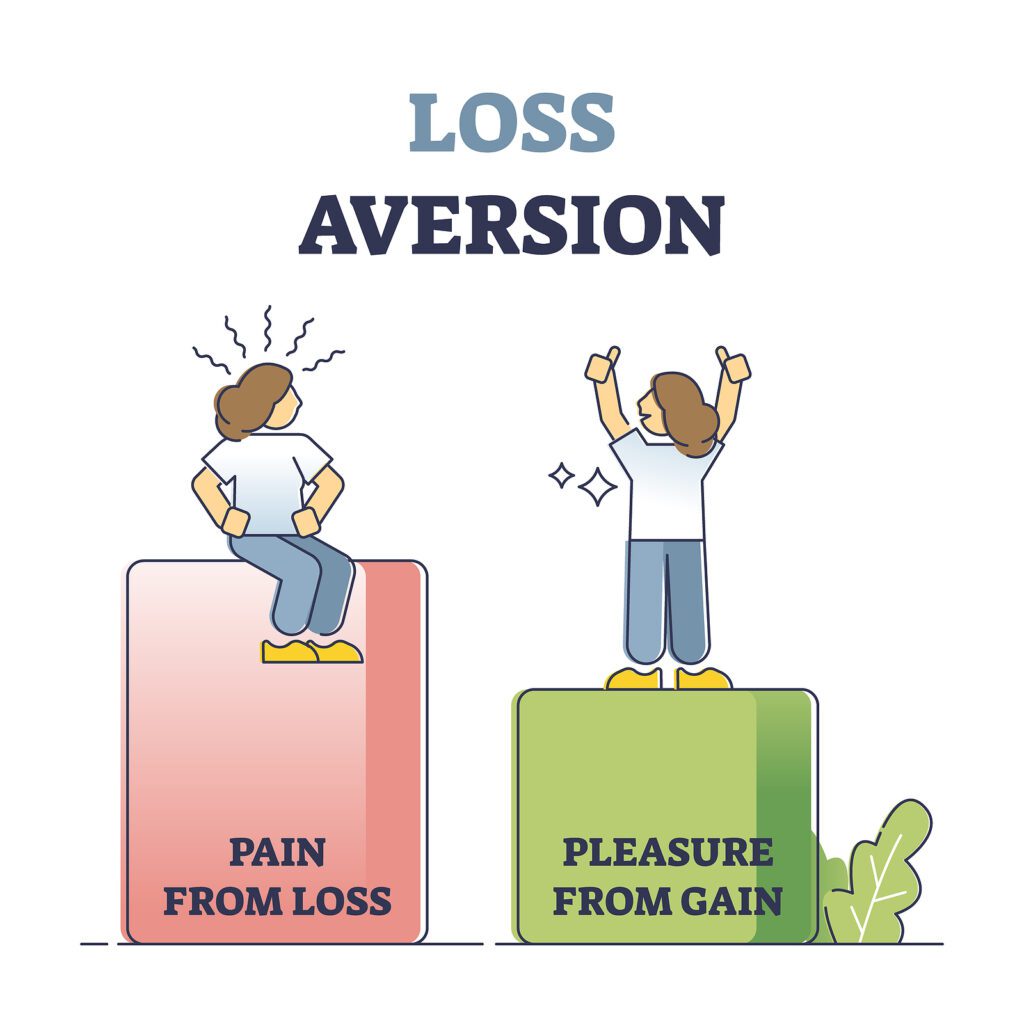
Loss Aversion Versus Gain
It’s called Loss Aversion and it’s a psychological tendency we experience every day that we’re rarely aware of.
Loss aversion can be so strong that people are more likely to lie and cheat to avoid losing something they already have, rather than acquire it in the first place.
Why? Because loss aversion is an expression of fear.
Most of the time, that fear is based on losing something we already have, so we tend to focus more on potential setbacks or challenges than any potential success alternative.
It’s an integral part of the way we think, and manage, our risk exposure in everything we do.
So, when it comes to letting go of (or losing) stuff we’ve acquired over time, it can generate some pretty intense emotions like anger, grief, fear, sadness, and more.

How We Prioritize
I’ve seen this constantly in my years as a senior downsizing specialist. A person may not have even known or remembered they had an item that had been packed away for decades in their garage.
But, when it surfaced and they were faced with the decision to give it away, it suddenly became the most important item they owned.
Loss aversion has been credited with the reason we shift priorities and make so many bad decisions during our lifetime.
Add stress, resistance to change and fearful thoughts about the future to loss aversion, and you’ve got a whirlwind of emotion that can be both debilitating and overwhelming.
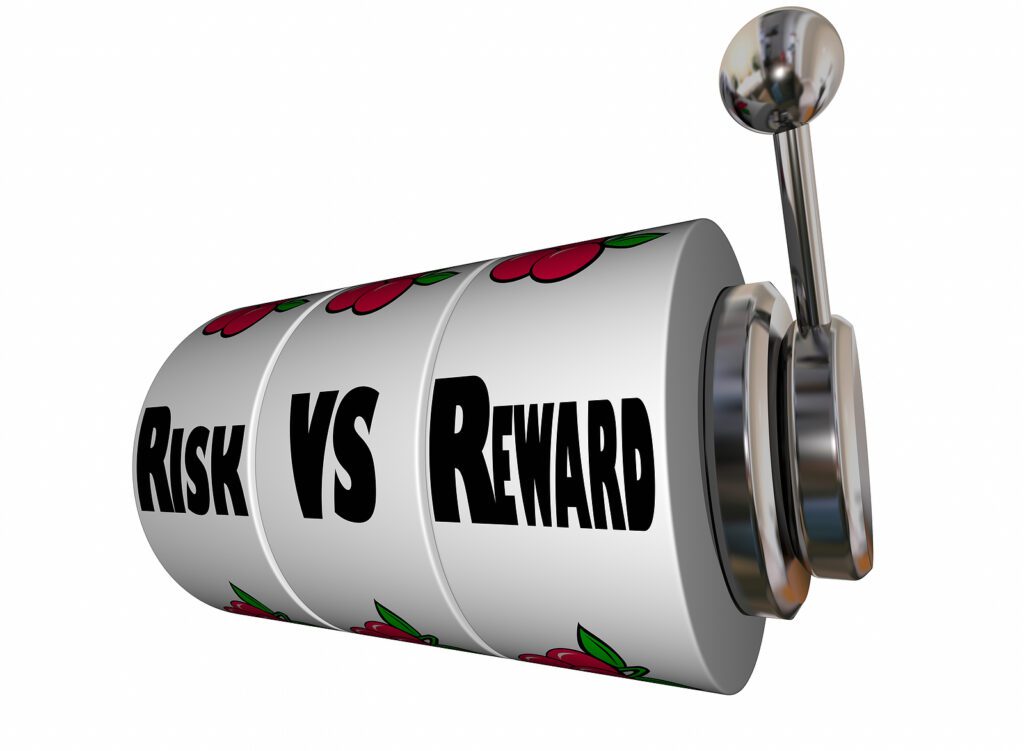
Risk vs. Reward
We all have had occasions during our life where we put more value on something of lower benefit over a choice with higher benefits but has perceived risk.
For instance, we may be resistant to letting go of a relationship, not because it’s a positive one, but because we aren’t entirely sure we’re going to find a better one in the future.
In the case of downsizing, we might procrastinate on a decision to downsize our home even though it’s getting more and more difficult to maintain or stay there safely.
Poor decisions then encourage more negative behavior where we work to justify to others, and to ourselves, the reasons behind our poor choices.
Loss aversion undermines our self-worth, clouds our vision, and pushes us into a big pit of denial because our ability to accept risk is low.
The opposite of loss aversion is called risk tolerance. This is where you develop a more balanced way to assess risk and benefit.
You’re willing to tolerate risk, so you’re more willing to look more clearly at the pros and cons of your decision and act based on facts rather than emotion.
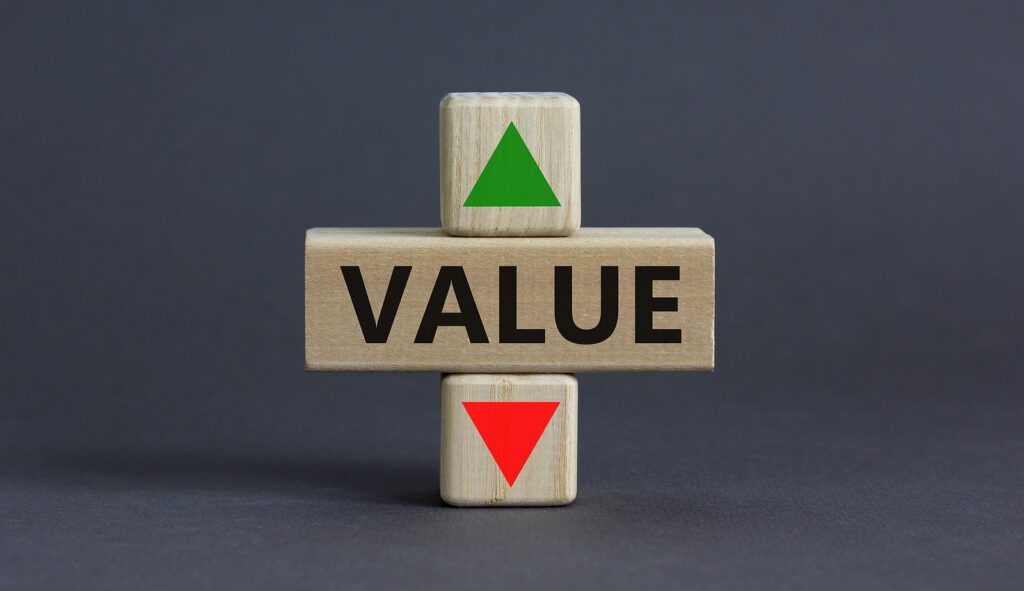
Loss Aversion Determines How We Value
And here’s something even more interesting. People who default to loss aversion in their decision-making usually feel they have more skin in the game. They’re invested.
They then assign more value to their choices than any other alternative path they could have taken. Even if those paths had a better chance of reaching success and happiness in the end.
It also means they are less likely to be open to new opportunities with similar risks in the future.
In fact, scientists have identified how loss aversion works via neuron paths in our brains. It physically changes our body’s chemistry, not just our thought process!
Psychologists suggest that just being aware of our decision patterns, and the level of risk we’re willing to take, can improve our ability to make more informed and healthier decisions in the future.
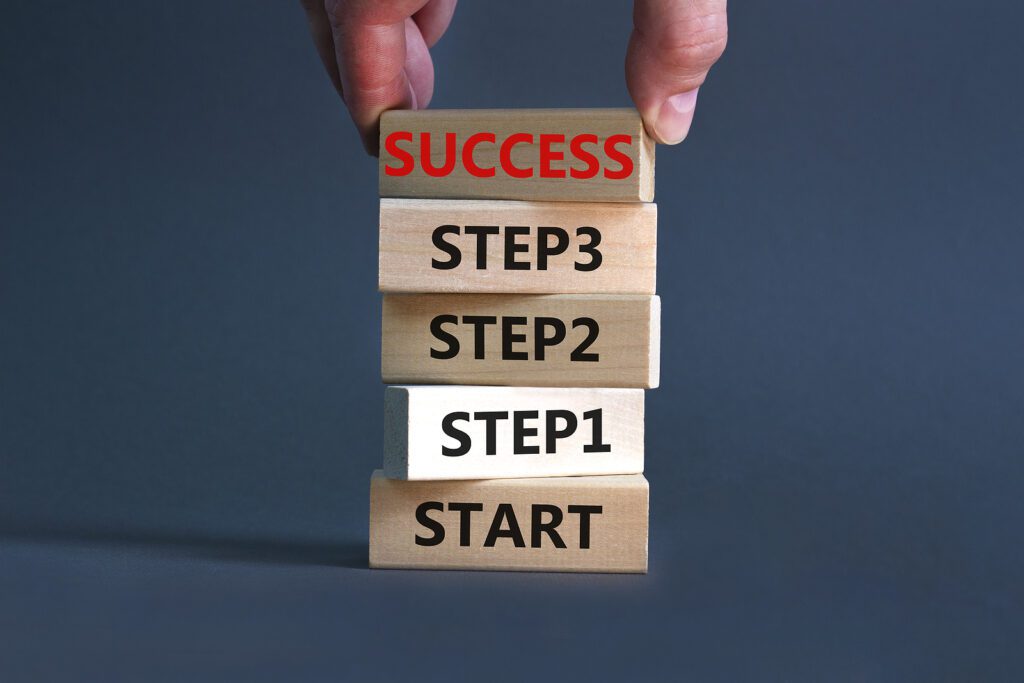
Steps to Better Decisions
So, if you’ve been considering downsizing your home, or know someone who is? Here are three suggestions for avoiding loss aversion and making a decision that you may regret.
1. Be open to thinking long-term.
Thinking short-term doesn’t allow you to see how a process can evolve or grow that thinking long-term does. Thinking long-term can also allow you to be more flexible and creative about what you want and where you want to be in the future.
Think about the long-term benefits you’ll receive once you’ve downsized to a more manageable home instead of focusing on how your life will suffer without any specific item.
2. Get real about worst-case scenarios.
Loss aversion is at its peak when you envision life blowing up on you. That only encourages fear and it’s unnecessary. Being honest with yourself about the likelihood that a worst-case scenario will happen. It will lower the sense of loss you feel and allow you to make calmer and make more fact-based decisions.
The reality is that life doesn’t end after a downsizing move. In fact, most of my clients have said they felt freer and more energetic. They had more time to do fun things without the maintenance and responsibility of a larger home.
3. Create a strong information filter.
To me, this is probably the most important of the three. Many people make decisions based on outside influences: their family, friends, or the news. Think for yourself based on balanced research. Use your common sense to step away from the emotions by filtering out information that is meant to heighten or distort them.
Being aware of how loss aversion affects your life, your decisions, and your well-being is a great first step. It can move you toward a calmer, more focused, and less fearful life when you are faced with a period of change or transition.
Want to learn more about the psychology behind downsizing? Check out my course here!
Deborah
P.S. Just getting started thinking about starting a senior downsizing business of your own? Have some questions about what it takes? Schedule a free 20-Minute consultation with me by clicking here!
